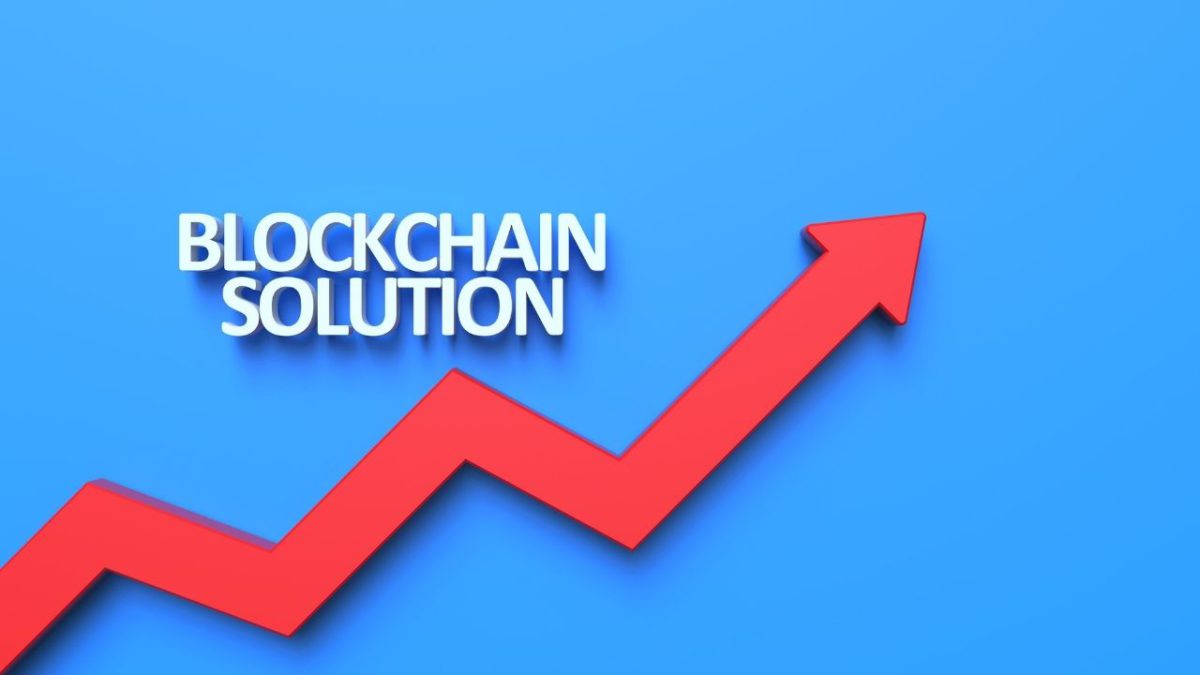Why do You need To Learn Solidity To Be Amazing At Smart Contracts?
Smart contracts have changed the way automation works on digital platforms. Smart contracts have enabled trustless environments where parties to a transaction can place their trust in automated code rather than a centralized organization. Smart contracts are essential for evolving decentralized digital ecosystems, requiring skilled developers.
Because Solidity has become the primary technology for smart contract development, the need for Solidity developers has increased in recent years.
What is the definition of Solidity?
The first thing you’ll learn in a Solidity developer course is a basic introduction to the programming language. Solidity is an object-oriented programming language like JavaScript mainly used for smart contract creation. Although most Solidity apps run on Ethereum, it has cross-platform capabilities.
Also, read – Smart Contract Examples: The potential of smart contracts in the real world
What Can You Do With Solidity?
Any Solidity developer training must include a discussion of the language’s popularity. You may be wondering what to do next now that you’ve learned about Solidity and how it’s a valuable programming language for contract development. Any newbie would be interested in learning more about Solidity’s capabilities. Solidity can be used in a variety of ways.
The demand for designing decentralized applications, or dApps, is the first thing to remark about the profession of a Solidity programmer. Solidity aids in developing dApps that may be used in the same way as other apps. Many of the Ethereum-based dApps have been adapted to work with Solidity.
Smart contracts, which may allow users to exchange money, property, stocks, and other valuables, are at the heart of decentralized apps. The capabilities of Solidity for the generation of smart contracts are the most prominent features in the growing popularity of Solidity developer jobs. Developers can utilize Solidity to create smart contracts tailored to specific use cases, eliminating the need for notaries.
Solidity is used to create ICOs, a potential application. Developers may easily design personal tokens and launch ICOs on the Ethereum platform.
Solidity Developers Have Opportunities
Solidity’s basic overview, features, and functions, as well as its developer popularity, provide compelling reasons for anyone to pursue Solidity development employment. However, ambitious professionals may have several other reservations about pursuing a career as a Solidity programmer.
Expected Solidity developer salary estimations are undoubtedly one of the top concerns of aspiring Solidity developers. A detailed breakdown of the average annual income for Solidity developers in various geographical regions might provide more insight into Solidity job options.
Surprisingly, your experience and skills significantly impact your professional development as Solidity developers, resulting in higher compensation. The average annual income for a Solidity programmer is roughly $127,500. At the same time, Solidity developers in Asia earn an average yearly income of $125,000. Remote Solidity developer salaries, on the other hand, start at $145,000 per year.
Stay informed with daily updates from Blockchain Magazine on Google News. Click here to follow us and mark as favorite: [Blockchain Magazine on Google News].
Get Blockchain Insights In Inbox
Stay ahead of the curve with expert analysis and market updates.
latest from tech
Disclaimer: Any post shared by a third-party agency are sponsored and Blockchain Magazine has no views on any such posts. The views and opinions expressed in this post are those of the clients and do not necessarily reflect the official policy or position of Blockchain Magazine. The information provided in this post is for informational purposes only and should not be considered as financial, investment, or professional advice. Blockchain Magazine does not endorse or promote any specific products, services, or companies mentioned in this posts. Readers are encouraged to conduct their own research and consult with a qualified professional before making any financial decisions. The featured image used is just a creative depiction of the title and it does not intend to hurt sentiments of any person or institution. If it hurts anyone sentiments, please do not hesitate to reach out to Blockchain Magazine.

 Bitcoin
Bitcoin  Ethereum
Ethereum  XRP
XRP  Tether
Tether  Solana
Solana  Dogecoin
Dogecoin  USDC
USDC  Cardano
Cardano  Lido Staked Ether
Lido Staked Ether  TRON
TRON  Chainlink
Chainlink  Avalanche
Avalanche  Sui
Sui  Wrapped stETH
Wrapped stETH  Wrapped Bitcoin
Wrapped Bitcoin  Stellar
Stellar  Toncoin
Toncoin  Hedera
Hedera  Shiba Inu
Shiba Inu  Polkadot
Polkadot  WETH
WETH  LEO Token
LEO Token  Bitcoin Cash
Bitcoin Cash  Litecoin
Litecoin  Official Trump
Official Trump  Hyperliquid
Hyperliquid  Bitget Token
Bitget Token  Uniswap
Uniswap  Pepe
Pepe  Wrapped eETH
Wrapped eETH  USDS
USDS  NEAR Protocol
NEAR Protocol  Ethena USDe
Ethena USDe  Aave
Aave  Aptos
Aptos  Internet Computer
Internet Computer  Ondo
Ondo  WhiteBIT Coin
WhiteBIT Coin  Monero
Monero  Ethereum Classic
Ethereum Classic  Cronos
Cronos  POL (ex-MATIC)
POL (ex-MATIC)  Mantle
Mantle  Render
Render  Dai
Dai  Bittensor
Bittensor  Algorand
Algorand 




